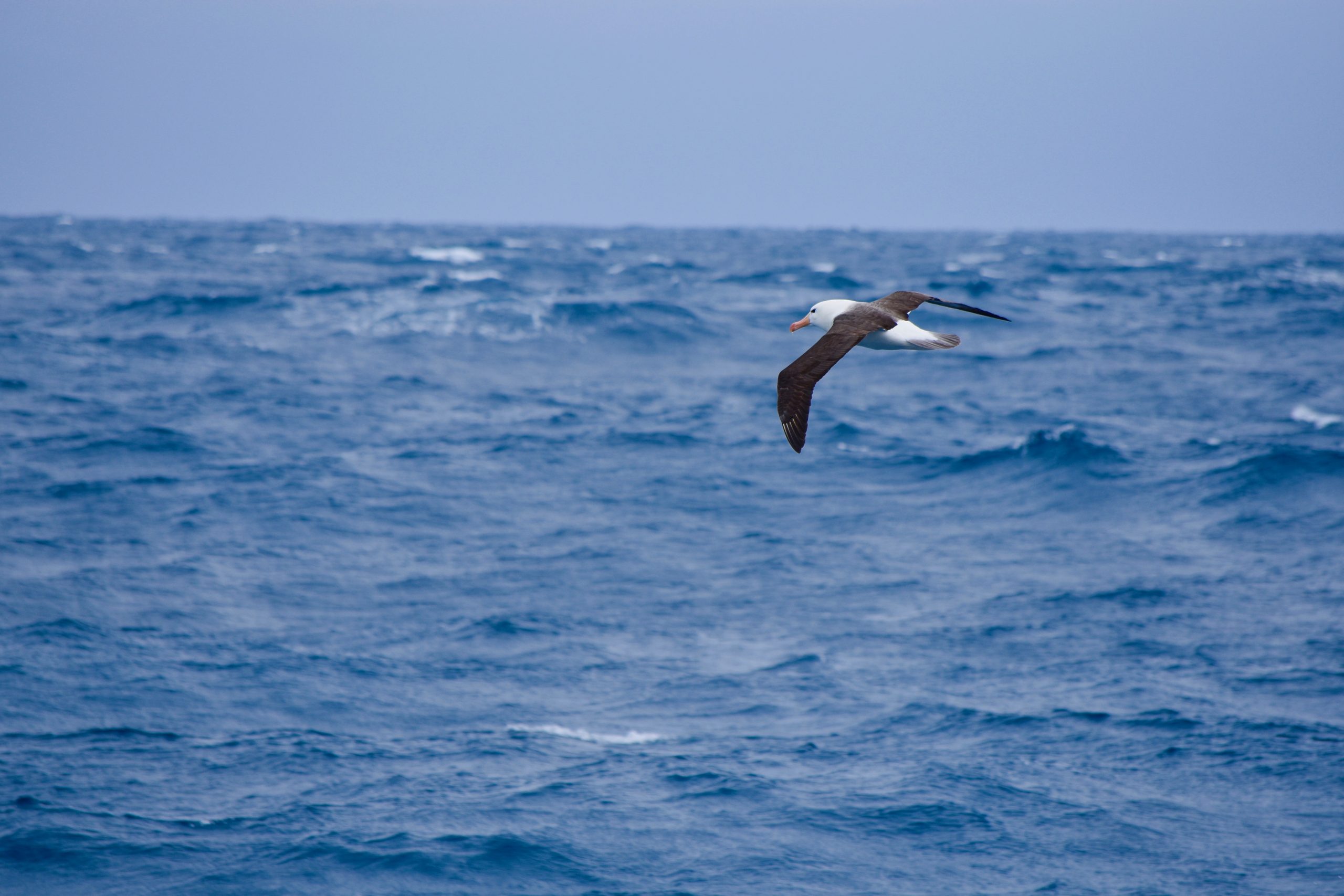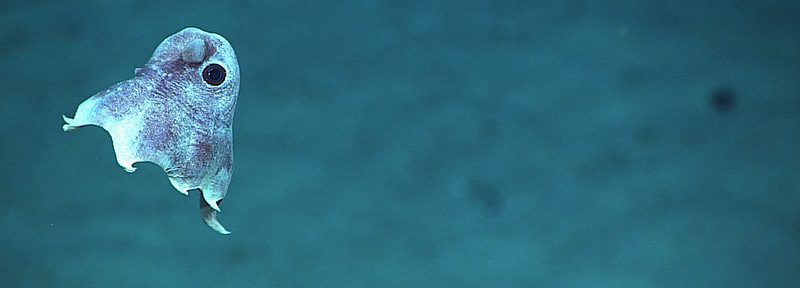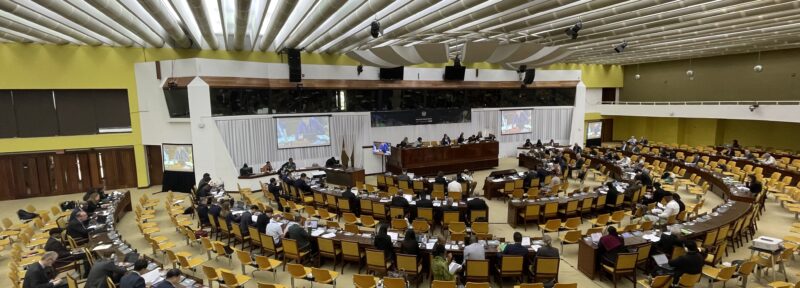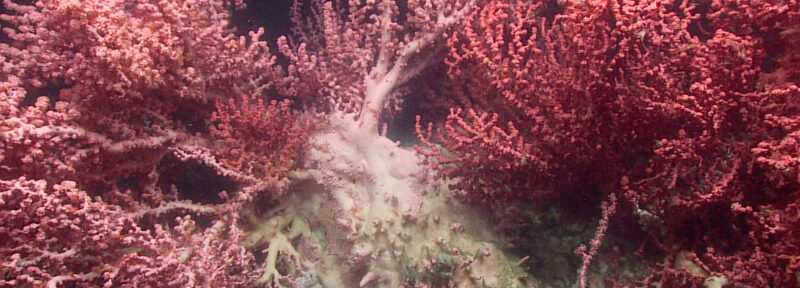Why Oceans North Is Taking to the High Seas
Many large seabird species like this Black-browed Albatross call the high seas home.
Crédit : Nicole Zanesco
Two hundred nautical miles beyond Canada’s coastline lies the great expanse of the high seas. This vast kaleidoscope of ecosystems makes up 50 per cent of the earth’s surface and is one of the least-explored parts of our planet. What we do know about the high seas highlights their importance to life on Earth: They help mitigate climate change, storing up to 1.5 billion tonnes of carbon each year. They are home to undiscovered species, unique deep-sea creatures, and migratory routes for the whales, turtles, sharks and other animals that make their way to our coasts. They also connect ecosystems around the world, carrying nutrients and animals — and increasingly plastic — from sea to sea through their currents in a cycle that is crucial to the health of our ocean.
Although they are known as the “area beyond national jurisdiction,” or ABNJ, the high seas are neither stewardless nor without basic laws. They belong to all humankind and are governed by a growing network of international treaties and agreements. Just as the benefits of good policy and management are felt beyond Canada’s borders, so too are the repercussions of poor management and unsustainable industries. That is why the work of Oceans North has to transcend national boundaries and confront the issues facing the high seas and deep seabed.
The high seas and the seabed are currently under threat from overfishing, emission-heavy shipping practices, and pollution. However, existing industries are not the only concern—corporations are increasing the pressure for new industries, such as deep seabed mining (DSM), to be allowed before we understand the extent of the ecological damage they will cause.
Fortunately, efforts are underway to improve the health of the high seas. Some of these include negotiations for a new United Nations treaty focused on protecting biodiversity beyond national jurisdiction (BBNJ), increased research into alternative energy sources for shipping, and investment into more sustainable management practices such as Marine and Indigenous Protected Areas.
Because of the borderless nature of the ocean environment, Oceans North has broadened our work onto the high seas. Our work on these projects is informed by our ongoing mission to protect marine ecosystems within a sustainable framework that prioritizes Indigenous and local knowledge, rights, and consultation. This is the same approach we used to assist with the creation of the Central Arctic Ocean Agreement, which prevents unregulated high-seas fishing in the Arctic Ocean and recognizes the interests and knowledge of Arctic Indigenous peoples as part of its decision-making process. We are currently supporting processes related to the Convention on Biological Diversity (CBD) and the North Atlantic Fisheries Organization, and we are engaged in the BBNJ treaty negotiations as a civil society organization.
In addition, we are also committed to preventing deep seabed mining before it wreaks havoc on high seas ecosystems. Extracting more resources from an already overexploited ocean is not the path to a green, circular economy that we need to mitigate climate change. The repercussions of deep seabed mining are expected to have disastrous impacts on species throughout the water column and on ecosystems both near and distant from the mining site. It is practically impossible to isolate the effects of industry in a marine environment, as evidenced by fish farming and offshore oil and gas. Moreover, there is no easy way to separate international and domestic waters, meaning there is no way to ensure any damage done by deep seabed mining stays out of national waters. Oceans North is calling on Canada to show international leadership and support a moratorium on deep seabed mining.
In order to protect the local places that matter to us, we also have to pay attention to global threats. The international mechanisms through which new and existing industries will be managed in the high seas are not complete and need time to be properly established and implemented. Given that the high seas belong to all humankind, time is needed so that there can be a collective decision about its future. Oceans North is committed to advocating for these processes to prioritize environmental stewardship, good governance, and Indigenous rights and representation.
Nicole Zanesco is Oceans North’s international policy adviser.





